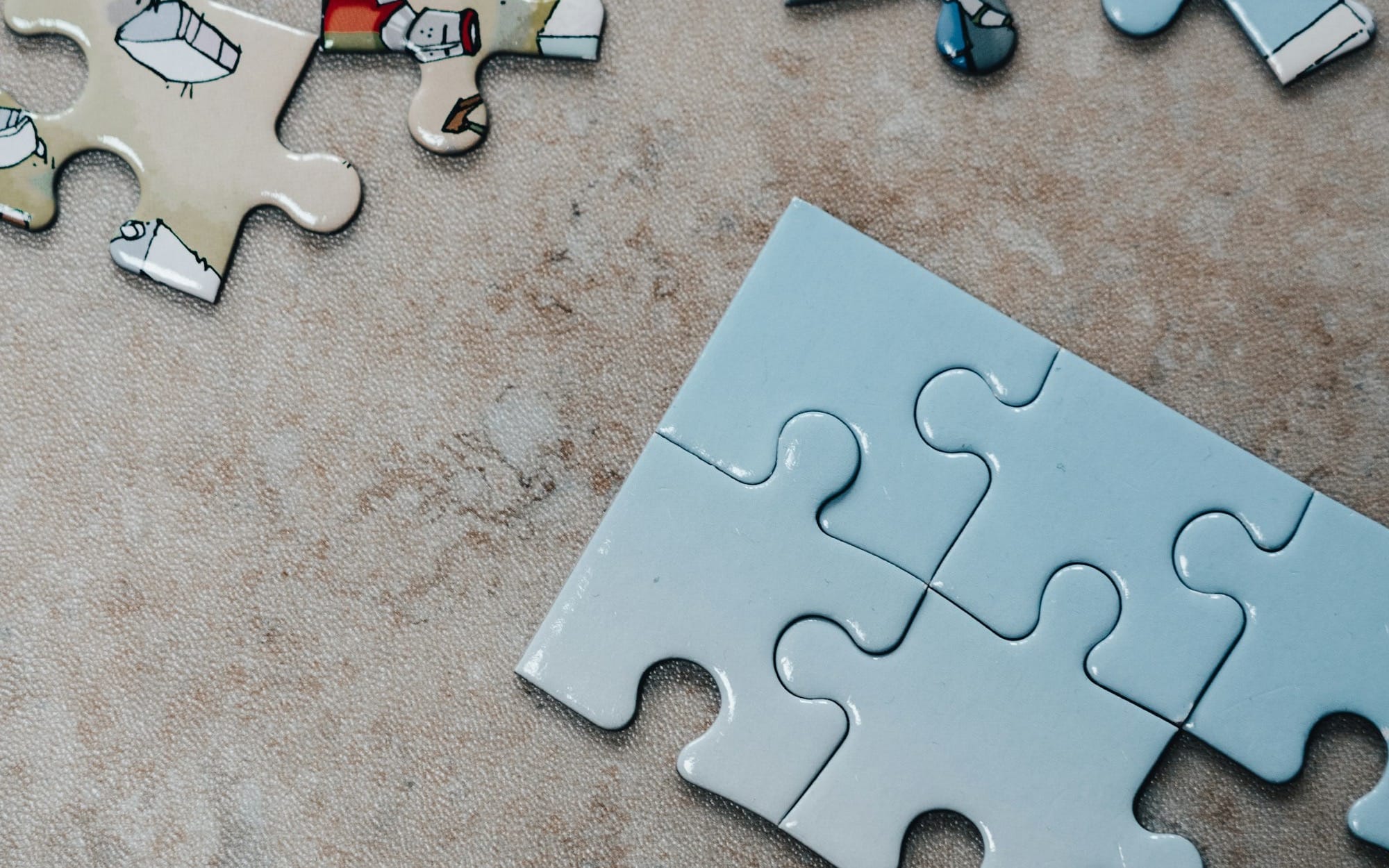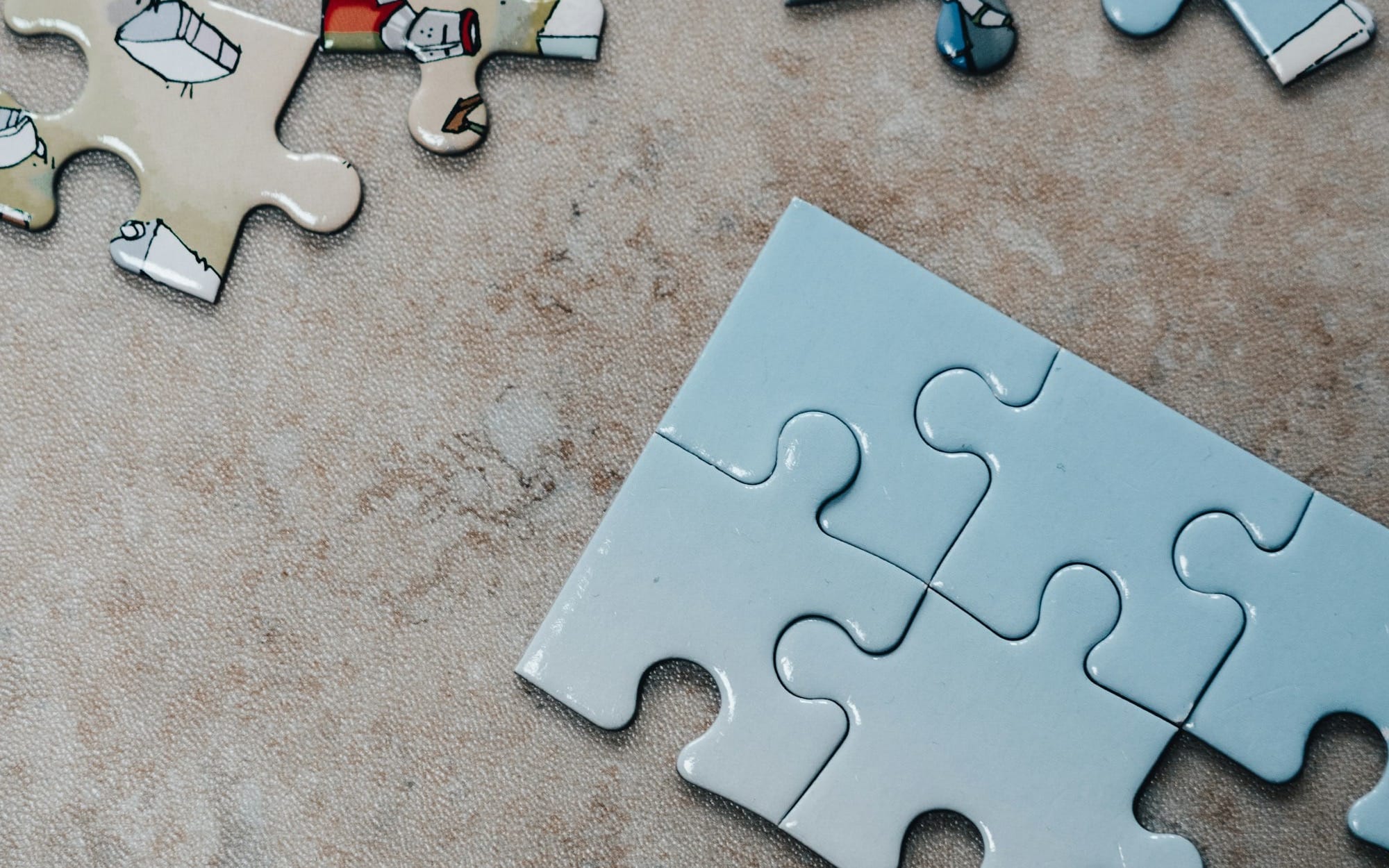DNF Puzzles | Mental training
After two years of refining my DNF freediving technique, I understood the critical role of mental training. Shifting my focus from rigid goals to mindful relaxation transformed my dives, enhancing both performance and enjoyment. Explore my journey and practical strategies here!

After two years of dedicated effort refining my technique and overcoming physical challenges in dynamic no fins (DNF) freediving, I faced another pivotal element of the discipline: the mental aspect.
For me, the influence of mindset was immediately apparent in static apnea, where my thoughts directly affected my breath-hold performance. However, its impact on dynamic apnea wasn’t as obvious.
Discovery of the mental aspect
In my early DNF practice, I focused on technique and timing. I’d move from one stroke to the next, counting seconds during the glide phase. This approach helped me:
- Analyze my movements for efficiency.
- Understand the effectiveness of my arm strokes and leg kicks.
However, it also came with a cost: I couldn’t fully relax. My mind drifted to:
- Thoughts about the next move.
- Frustrations over an imperfect previous stroke or imperfect turn
- Concerns about how much distance I still had to cover.
While I made progress, this mental chatter created tension and kept me from fully embracing the dive.
A Breakthrough in Relaxation
In the past few weeks, I experimented with relaxed DNF dives, and the results were transformative. I closed my eyes, loosened my strokes and kicks to the point of near stillness, and allowed myself to move only when I felt ready—not according to a timer.
During these dives:
- I focused on the present moment, letting go of past or future concerns.
- After a leg kick, I consciously relaxed my lower body.
- After an arm stroke, I relaxed my upper body, including my head, tongue, and even my cheeks.
In these moments, time seemed to stop. I felt unified with the water, completely immersed in the experience.
The Results
Surprisingly, this relaxed approach significantly improved my performance:
- I completed a 2:40 dive, combining 1 minute of static apnea and 85 meters of DNF, without feeling overexerted.
- I realized my natural fight-or-flight response had calmed. My heart rate stayed low, reducing oxygen consumption and delaying contractions.
Mental Challenges in DNF
I realised that DNF freediving demands mental resilience to manage:
- Urge to Breathe: Staying composed during contractions and discomfort.
- Stress and Anxiety: Often arising from hypoxia, self-imposed performance goals or even imperfect technique during the dive.
- Monotony: Maintaining focus and mental clarity during slow, deliberate dives.
Here are my favourite materials that can help to understand, what are mental aspects and how to practice them:

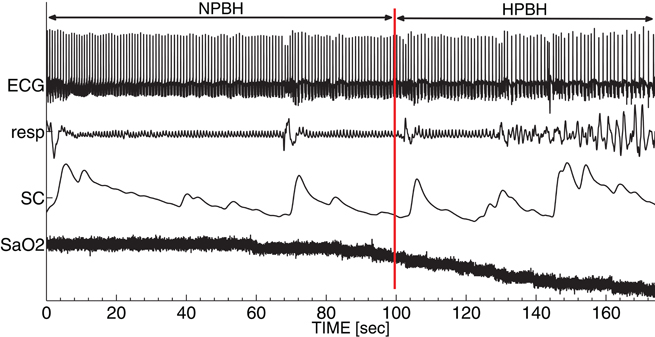
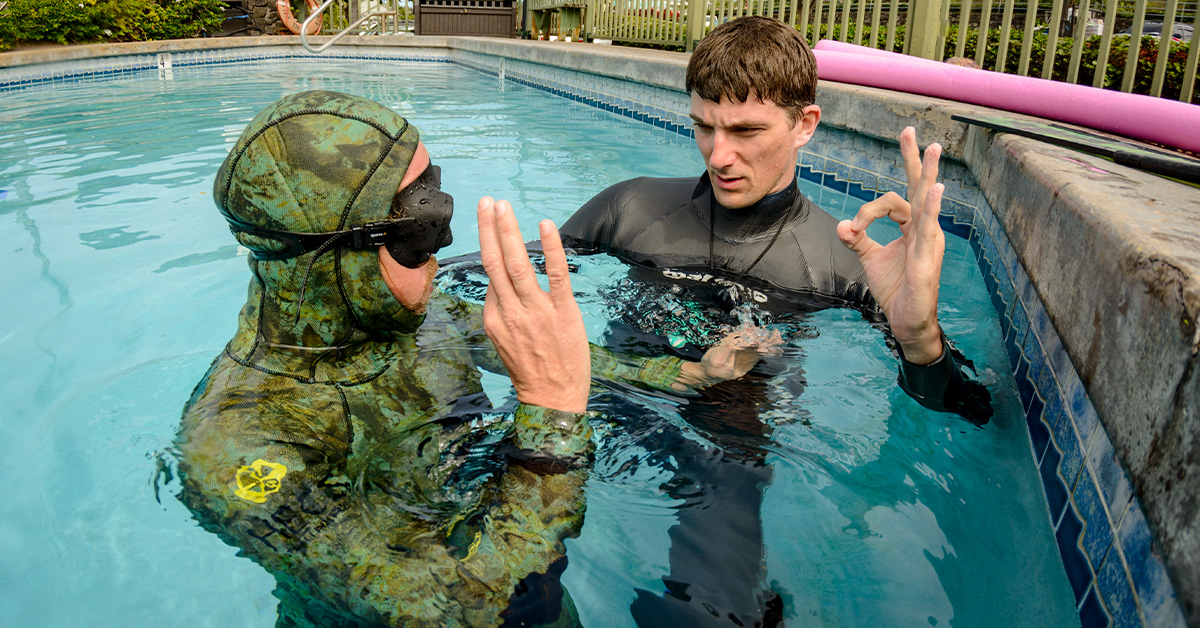
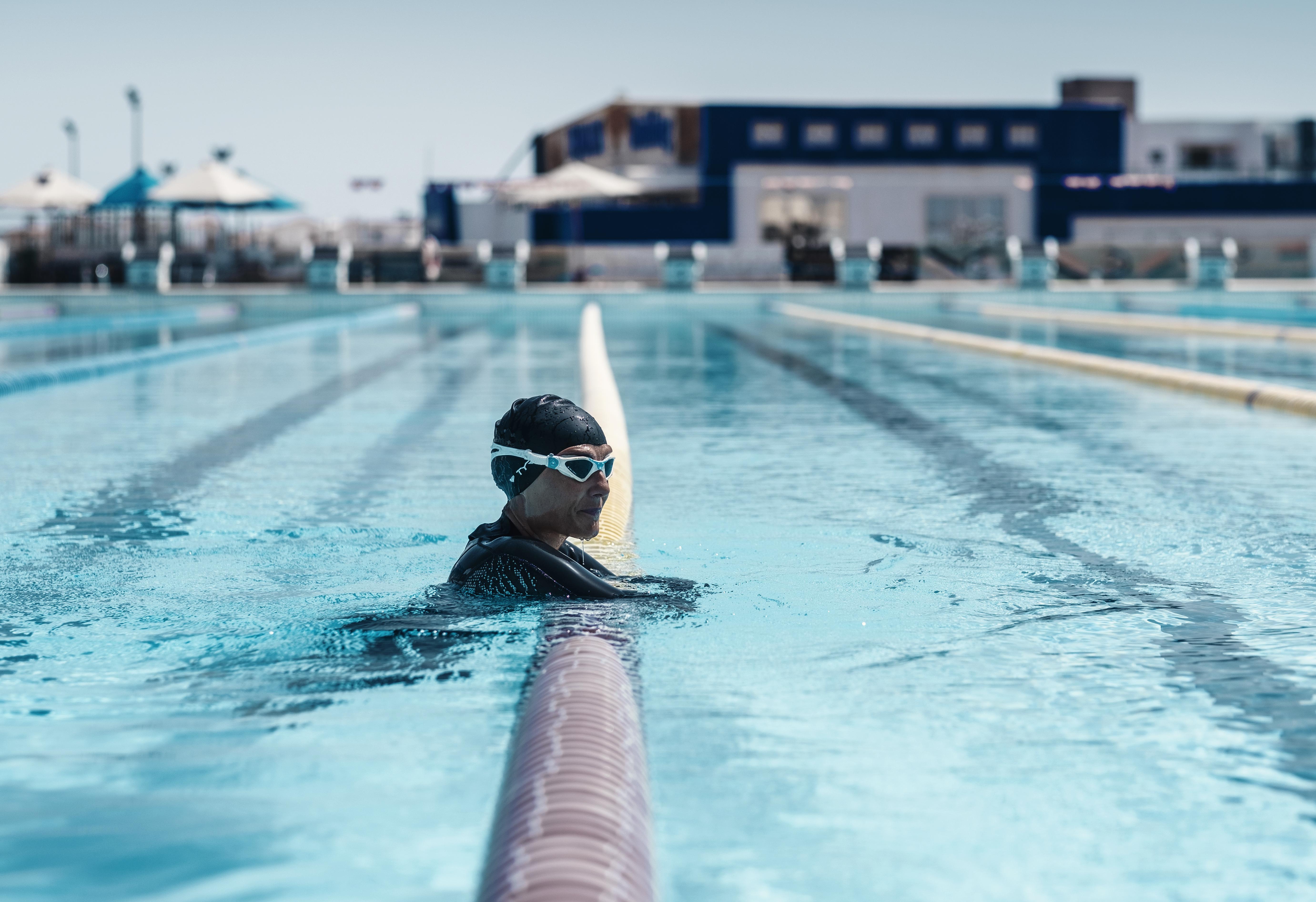
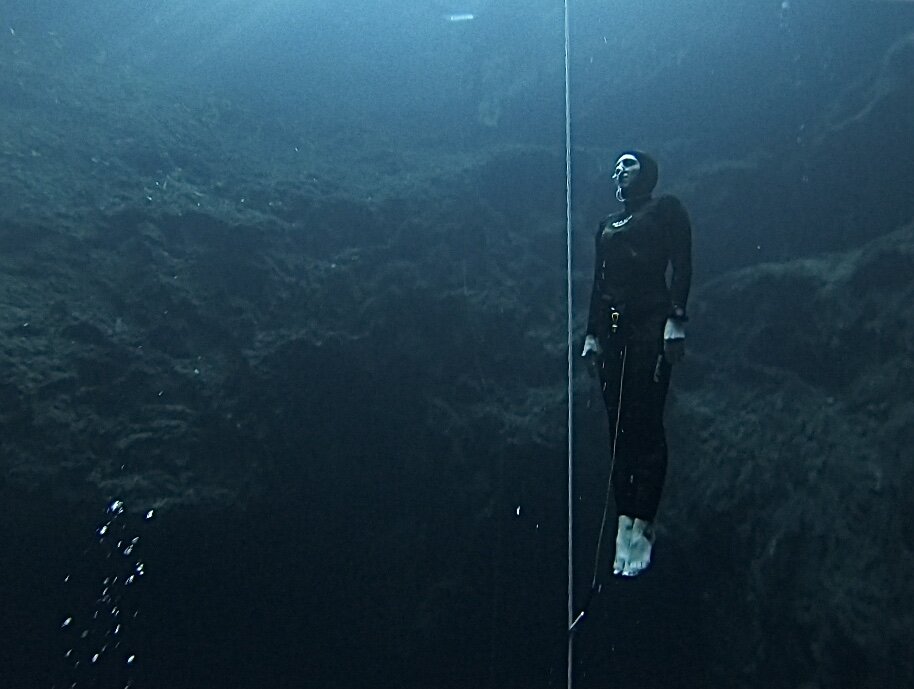
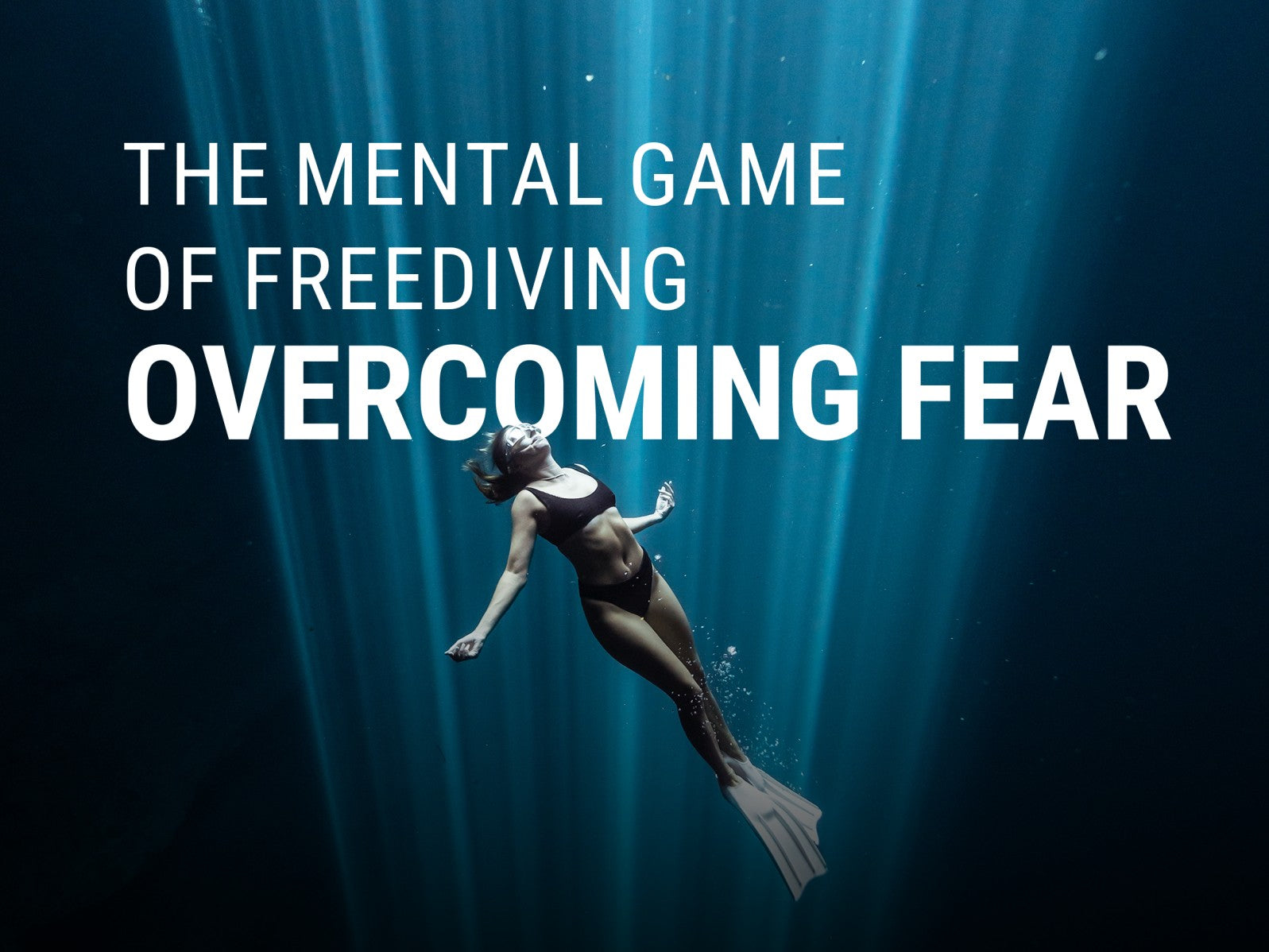
Practical Mental Strategies for DNF
Here are key approaches, and techniques I found most useful in cultivating the mental strength necessary for DNF success.
Before the dive
- Practice Meditation and Breathwork
- Practice techniques like Pranayama, which can lower heart rate, reduce stress, and improve apnea time.
- Practice box breathing or 4-7-8 breathing for relaxation and focus
- Diaphragmatic breathing, also known as "belly breathing," is a powerful technique that can help reduce your pre-dive heart rate and oxygen consumption, making it an essential tool for freedivers.
- Visualization
- Imagine every detail of your dive, from strokes to turns.
- Imagine your entire dive from a first-person perspective - see yourself staying calm during contractions and relaxing specific body parts after each stroke to mentally rehearse and prepare. Focus on every detail and feeling.
- Pre-dive routine
- Develop your own pre-dive routine combining visualisation, breathing exercises, and mental cues to achieve flow.
During the dive
- Relaxation
- Systematically relax muscles during the dive to reduce tension, calm your mind and conserve oxygen.
- Practicing relaxation in the water is even more important than on the surface, because it directly simulates the physical and mental conditions of a dive. It helps to build adaptability, lowers oxygen consumption, and fosters a deeper sense of calm and efficiency during freediving.
- Practice long dives with focus on mental aspect combined with relaxation, forget for a moment the perfect technique and the distance.
- Enjoy freediving and this feeling when you are relaxed.
- Mindfulness
- Stay present, focusing on sensations like the feeling of water and the rhythm of your movements. Focus your attention on what is happening right now, including your thoughts, feelings, sensations, and surroundings. Focus on the feeling of the water (structure, temperature, waves, sound)
- Let go of distractions, judgmental thoughts, and concerns about future difficulties.
- Let go of conscious thoughts and internal dialogue—no anxiety, no overthinking. Focus on automatic actions, smooth movements, and following the process to resurface naturally.
- Acceptance Training
- Reframe discomfort as temporary and manageable.
- Embrace contractions as part of your body’s natural adaptation to freediving.
- Positive Affirmations
- Repeat phrases like: “I am in control of my body and mind.”; “I move efficiently and smoothly.”
- Focus on enjoying the dive rather than chasing goals. Aim for a distance you can consistently achieve, and only push beyond it, if you feel comfortable and confident (take this decision on-the-go depending on how do you feel)
Take a moment after each dive to reflect on your performance. Consider what went well and pinpoint areas that could be improved for next time.
Checkout my DNF dive focused on the relaxation:
If you enjoy my blog and find the content helpful, consider supporting me with a one-time tip







